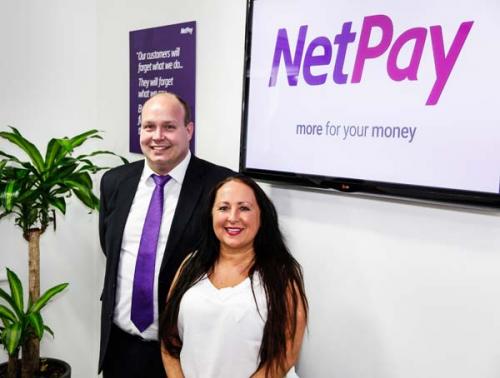The first Dark Fibre Symposium held by CityFibre at the London Stock Exchange on July 20th marked a new phase in its ambition to provide cities outside of the M25 with a much needed pure fibre infrastructure.
The event brought together local authorities, MNOs and CPs and demonstrated the benefits of a well planned Gigabit City build with enough fibre to serve all parties and future proofed by unlimited capacity.
"This collaborative approach creates connections between the potential beneficiaries of a new network build and connects people from the outset to make that network the best it can be, while ultimately bringing down costs," said Rob Hamlin, Commercial Director, CityFibre.
"This was the first time we brought together a cross section of partners and prospective customers to share our vision for a dark fibre future for the UK. We were blown away by the support and enthusiasm from everyone who attended and are following up on a number of mutual opportunities."
CityFibre's vision is for every building to be connected to fibre and with sleeves rolled up the company is not afraid to dig and create a modern fibre and duct network architecture.
"We are not shying away from doing something disruptive and often difficult in the short-term to deliver transformation for the future," added Hamlin. "We are funded to keep building out to 50 cities and extend existing builds as part our business model."
According to Hamlin, CityFibre is turning conventional R&D on its head when bringing dark fibre to a city.
"Flexible access to an abundance of low cost pure fibre capacity renders investments in traditional networks, especially copper, to deliver more capacity an exercise in strategic and commercial folly," added Hamlin.
CityFibre is also taking a lead on other matters of importance including regulation, holding high level discussions with Ofcom, and driving reform of fibre tax, aiming to establish an 'enterprise zone' that helps rather than hinders investment in infrastructure.
 Sennheiser UK netted over £15,000 for Make-A-Wish foundation at its 21st annual charity day at Bearwood Lakes Golf Club in Berkshire.
Sennheiser UK netted over £15,000 for Make-A-Wish foundation at its 21st annual charity day at Bearwood Lakes Golf Club in Berkshire.
 Payment specialist NetPay Solutions Group, has been shortlisted for the Technology Provider of the Year and Most Disruptive Payments Technology in the Payments Awards.
Payment specialist NetPay Solutions Group, has been shortlisted for the Technology Provider of the Year and Most Disruptive Payments Technology in the Payments Awards. Fidelity Group has teamed up with Pangea to secure an £80K contract that is helping Visit Sweden maintain optimum connectivity during an office relocation.
Fidelity Group has teamed up with Pangea to secure an £80K contract that is helping Visit Sweden maintain optimum connectivity during an office relocation. ProVu’s Sales Account Manager, Gavin Sykes has taken a massive leap of faith to net a bumper sum for Weston Park Cancer Charity.
ProVu’s Sales Account Manager, Gavin Sykes has taken a massive leap of faith to net a bumper sum for Weston Park Cancer Charity.